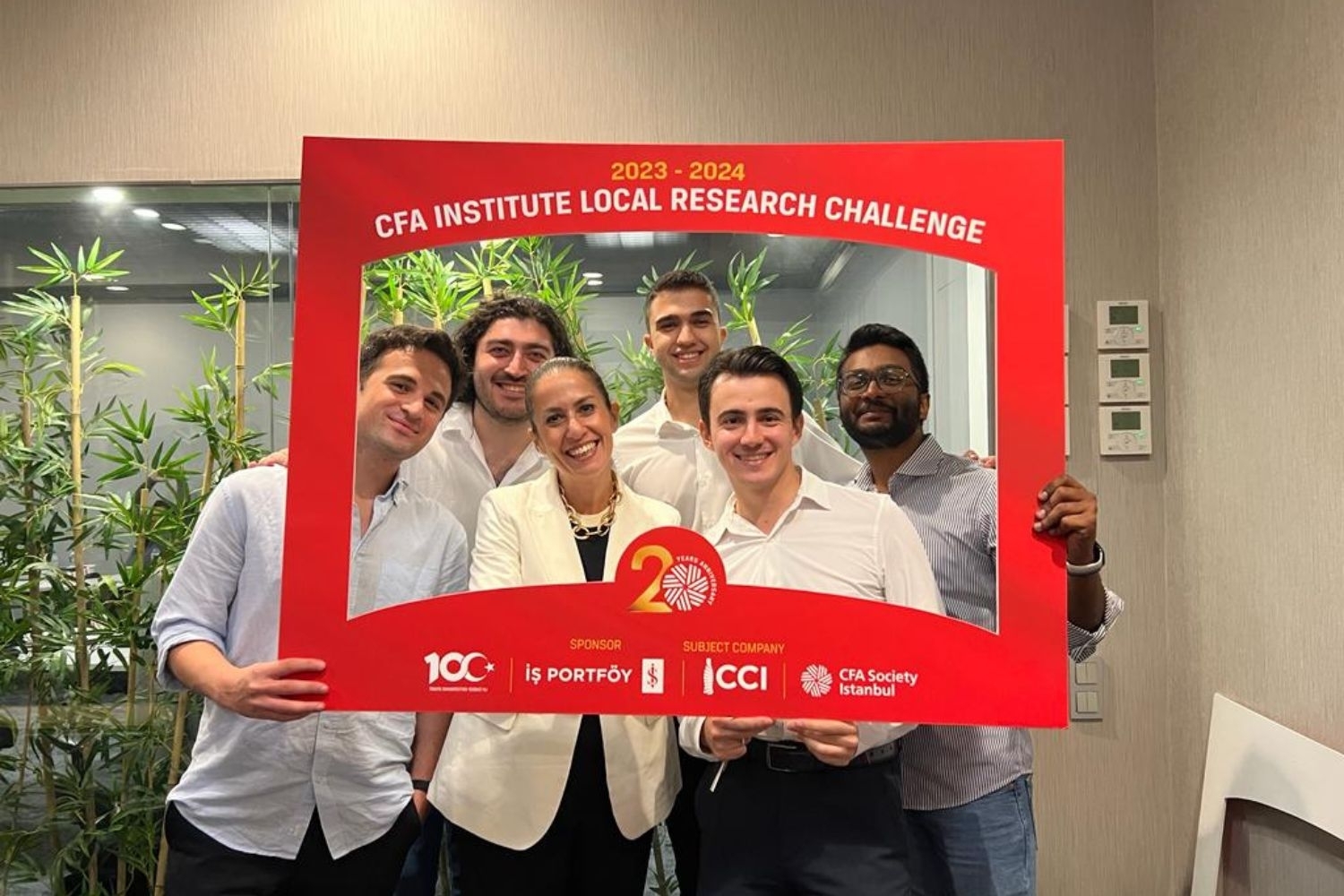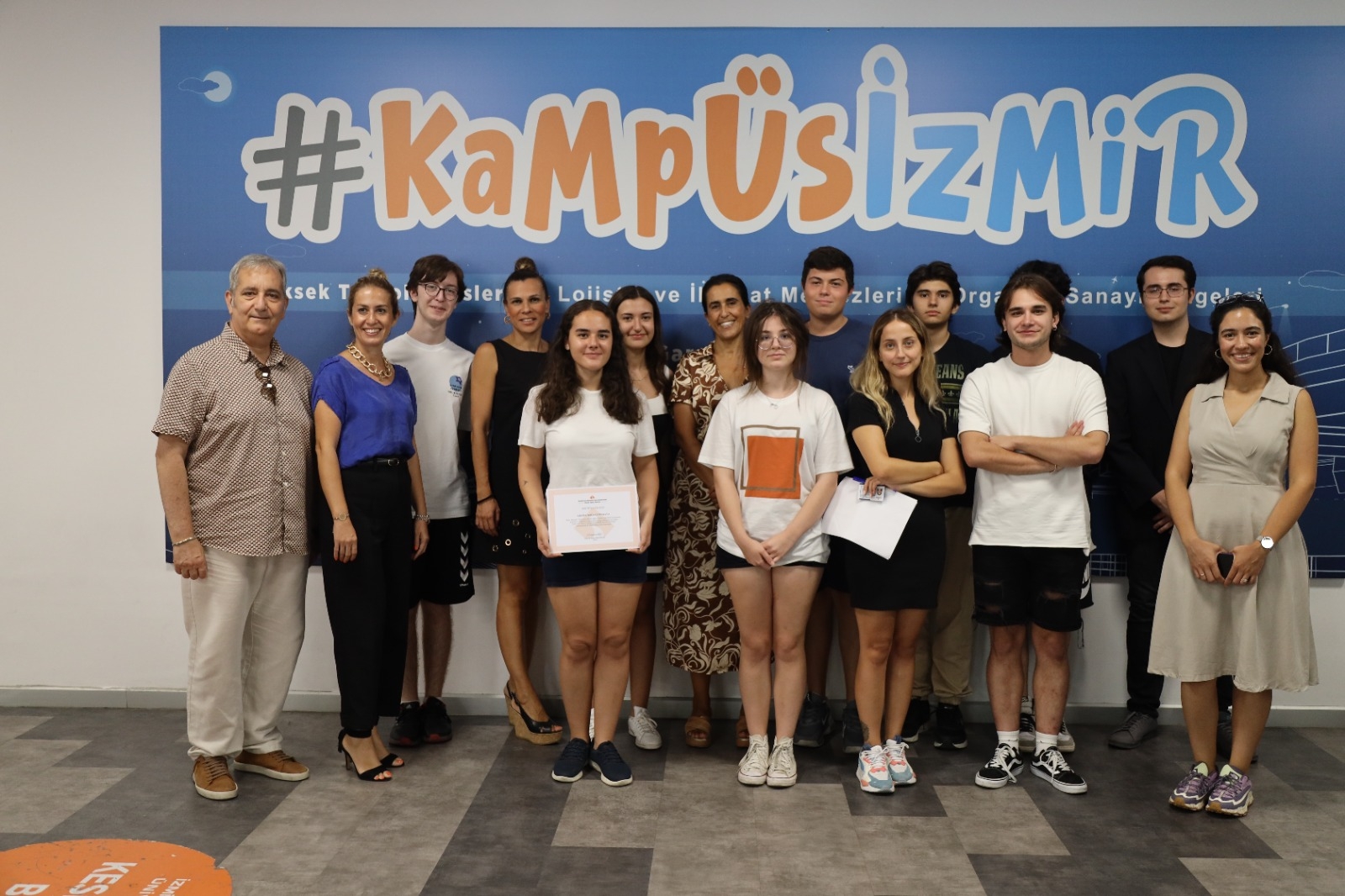
IBSEN 2025 Meeting Held in Bielefeld, Germany
The IBSEN 2025 meeting was held between May 13–15, 2025, hosted by Hochschule Bielefeld (HSBI) in Bielefeld, Germany, with the participation ...

Their Goal is America
Students from Izmir University of Economics (IUE) have reached the finals of the ‘Research Challenge’, a competition organized by the ...

IBSEN Summer School
The 2nd IBSEN Summer School, hosted by The Hague University of Applied Sciences and organized by the IBSEN network -of ...

IBSEN Meeting
IBSEN (International Business Studies Exchange Network) 2024 meeting was held on May at XAMK – South-Eastern Finland Univeristy of Applied ...

Aiming for Poland
Izmir University of Economics (IUE) students made it to the finals of the ‘Research Challenge’ organized by the CFA Institute, ...

Sustainable Finance Summer School
Sustainable Finance Summer School, designed for high school students within the body of İzmir University of Economics, EKOSEM, was held ...









